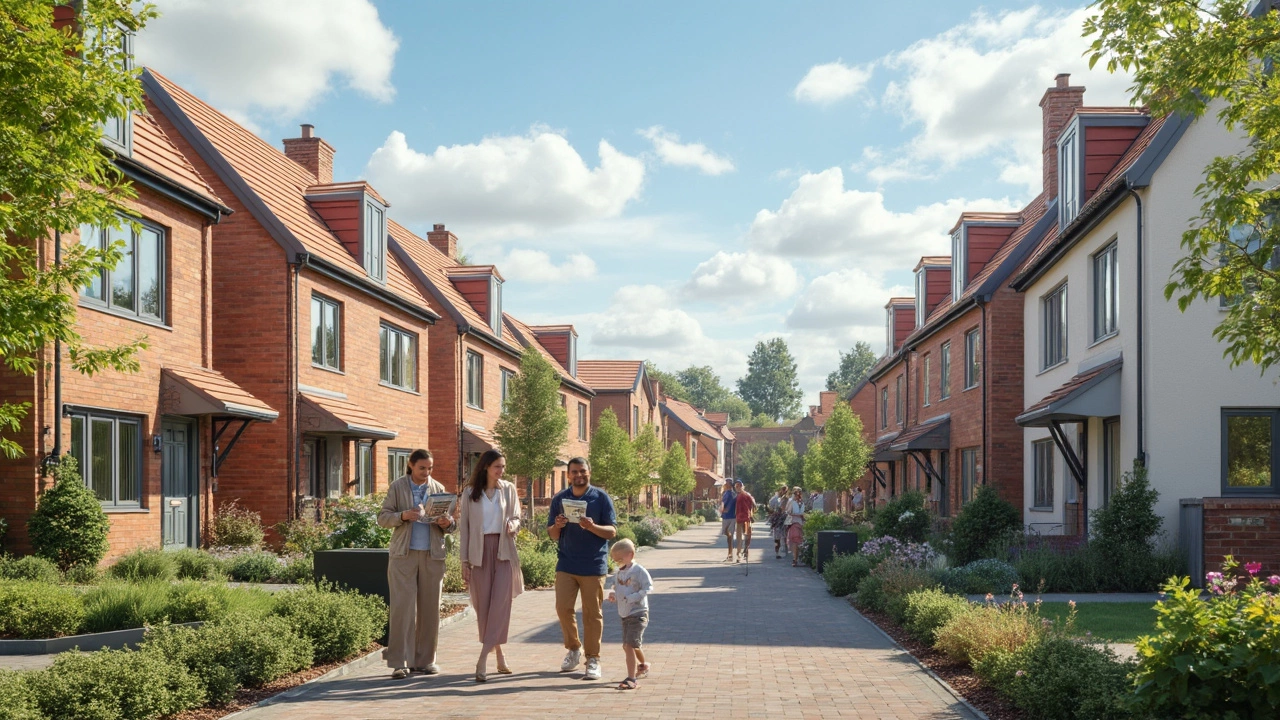Home Buyer Tips – Essential Advice for First‑Time Buyers
Buying a house can feel like stepping into a maze. You want a place that looks good, stays safe, and fits your budget. Below are the must‑know tips that keep you from costly surprises.
Inspecting New Builds and Existing Homes
First stop: the walls. Small hairline cracks in drywall or plaster often happen as the house settles, but wide cracks that keep widening are a red flag. Measure the width – if it’s wider than a pencil, call a builder or engineer. For concrete slabs, watch for diagonal cracks that spread across the floor; those could mean foundation movement.
Foundations are the backbone of any home. Horizontal cracks in the foundation are especially serious because they can compromise the whole structure. If you spot a crack that runs along the foundation wall, get a quote for repair right away. In most cases, fixing it early saves you from bigger repairs later.
Don’t ignore the roof. Roof work is pricey for a reason – it involves labor, safety gear, and quality materials. If the roof looks patched or you see missing shingles, ask for a detailed estimate before you sign anything.
Mold is another hidden danger. A musty smell, water stains, or peeling paint could mean mold is growing behind the walls. Mold can affect health, so ask for an indoor air quality test if anything seems off.
When you look at flooring, choose materials that match your lifestyle. Hardwood feels great but can be scratched; luxury vinyl is durable and water‑resistant, perfect for families with kids. The right floor saves you money on repairs down the line.
Understanding Costs and Contracts
Know what you’re paying for before you sign a contract. Construction costs vary widely: a 2000 sq ft house in Massachusetts can cost anywhere from $250 k to $400 k depending on materials, site work, and local regulations. Break down the estimate – land, foundation, shell, finishes – and flag any vague line items.
If the seller or builder mentions a “tier 1 contractor,” they mean a top‑level firm that handles big projects and follows strict safety standards. Working with such a contractor often means higher upfront costs but fewer headaches later.
Commercial and residential builds differ in permits, insurance, and timelines. A residential project usually has a simpler approval process, while commercial work can face extra regulations that drive up price and time. Make sure your contract clarifies who’s responsible for each approval.
Don’t forget the warranty. A solid builder will offer a warranty on structural elements for at least ten years. Anything related to plumbing, electrical, or finishing work should also be covered. Keep all paperwork in one folder – you’ll thank yourself if an issue pops up.
Finally, budget for the unexpected. Set aside 10 % of your total budget for surprise costs like hidden foundation repairs or extra flooring material. This safety net keeps the project moving without stress.
Use these tips as a checklist when you tour a property. Spotting cracks, checking the roof, understanding the cost breakdown, and knowing who’s on the job will give you confidence and protect your investment. Happy house hunting!

